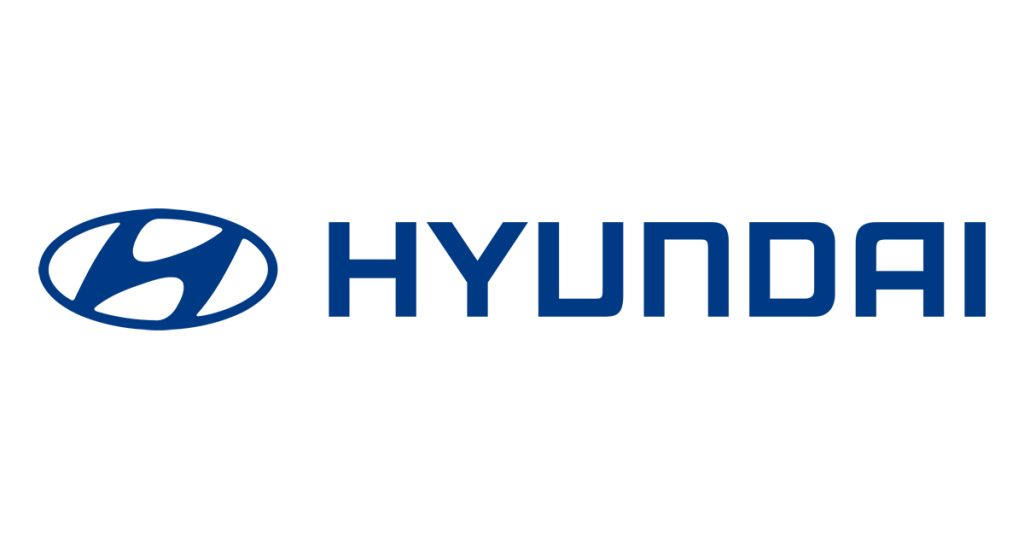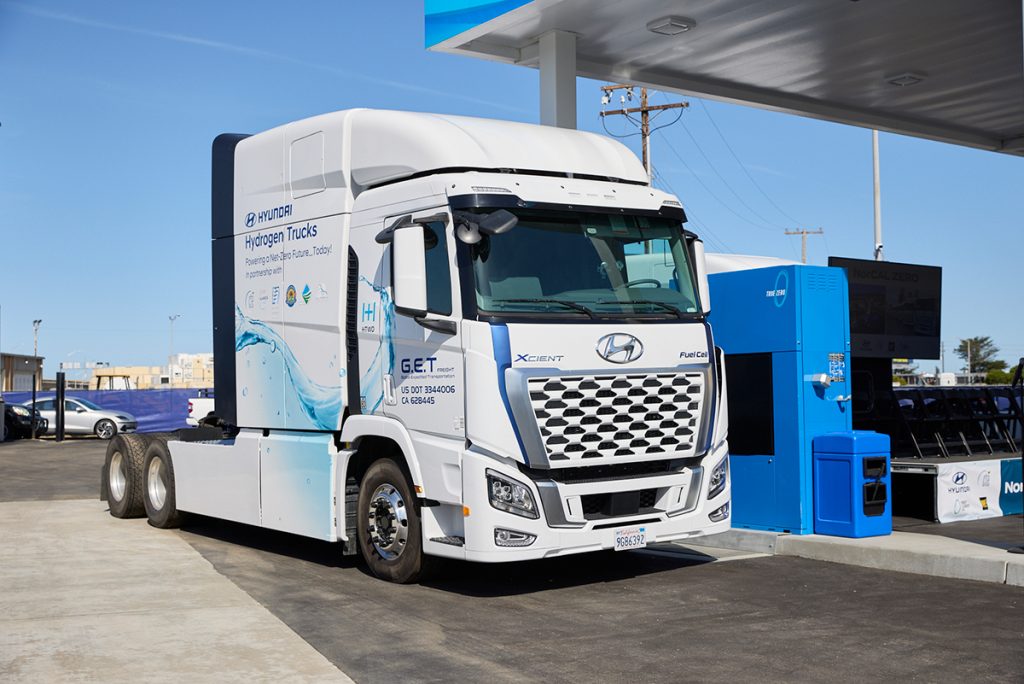Home » Trailer Industry » Trailer Industry News » Hyundai NorCAL ZERO Project

Hyundai Motor Spearheads U.S. Zero-Emission Freight Transportation with NorCAL ZERO Project Launch
- Hyundai Motor celebrates the official launch of the NorCAL ZERO Project to bring zero-emission freight transportation to the San Francisco Bay Area and California’s Central Valley
- Hyundai Motor teams up with public and private partners to deploy 30 Class 8 XCIENT Fuel Cell, hydrogen-powered trucks to haul freight containers and vehicles
- NorCAL ZERO Project aims to reduce carbon emissions by over 24,000 metric tons
- Hyundai Motor sees hydrogen as the clean energy solution for commercial vehicles, leading the way to expand on Hyundai’s efforts for port decarbonization in the U.S.
OAKLAND/SEOUL – (Trailer Technician) – Hyundai Motor Company (Hyundai Motor), today celebrated the official launch of NorCAL ZERO Project – a major initiative that is utilizing the company’s hydrogen fuel cell technology to bring zero-emission freight transportation to the San Francisco Bay Area and California’s Central Valley.

The dedication event held at Oakland’s FirstElement Fuel Hydrogen Refueling Station brought Hyundai Motor together with its project partners, including the Center for Transportation and the Environment (CTE), GLOVIS America, Inc. (GLOVIS America), East Bay Municipal Utilities District, FirstElement Fuel (FEF), Papé, the University of California, the Port of Oakland, the City of Oakland and the community of West Oakland represented by the West Oakland Environmental Indicators Project (WOEIP). Representatives from the Alameda County Transportation Commission (ACTC), the Bay Area Air Quality Management District (BAAQMD), the California Air Resources Board (CARB), and the California Energy Commission (CEC), all of whom provided grant funds to make this project possible, were also in attendance.
As part of the NorCAL ZERO Project, also known as Zero-Emission Regional Truck Operations with Fuel Cell Electric Trucks, Hyundai Motor deployed 30 Class 8 XCIENT Fuel Cell with a 6×4 drive axle configuration in California, which has been in commercial operation since last year. This delivery marks the single largest commercial deployment of Class 8 hydrogen-powered fuel cell electric truck in the U.S.
“The NorCAL ZERO Project in Oakland marks a significant step forward in realizing Hyundai’s vision for a global hydrogen society,” said Ken Ramirez, Executive Vice President and Head of Global Commercial Vehicle & Hydrogen Business at Hyundai Motor Company. “The project demonstrates how the transport energy transition is achievable today and will serve as one of the building blocks for Hyundai’s port decarbonization initiatives worldwide.”
Hyundai Motor has been collaborating with key partners to build a comprehensive hydrogen mobility ecosystem across North America, ensuring the successful deployment and operation of its hydrogen-powered trucks. Last year, Hyundai Motor supplied 30 units of XCIENT Fuel Cell electric truck to G.E.T Freight Corp, a truck-based freight transport business of GLOVIS America. Leveraging its logistics network and capabilities, the commercial operation has been ongoing since last year, hauling containers from the Port of Oakland and transporting vehicles from the Port of Richmond. Hyundai Capital America is providing competitive leasing and financing services to GLOVIS America.
The trucks can be fueled at FirstElement Fuel’s recently built hydrogen refueling station, which is designed to fuel up to 200 heavy-duty trucks per day. Papé, a specialized truck service provider in the western region, will provide vehicle maintenance and services at its facility in San Leandro, California. Through collaboration with its drayage consortium partners, Hyundai is accelerating the transition to a more sustainable transportation future in North America, with its hydrogen ecosystem playing a key role.
“The deployment of these trucks in Northern California provides a groundbreaking opportunity to demonstrate the exceptional performance of fuel cell electric trucks for an industry that has traditionally relied on conventional diesel and CNG-powered vehicles,” said CTE Executive Director Dan Raudebaugh. “We look forward to being a part of a new era for trucking across the U.S. – one marked by zero-emission vehicles that won’t force fleets to compromise on performance.”
CTE projects that the NorCAL ZERO fleet has the potential to make a substantial positive impact on air quality in the region with an estimated reduction of over 24,000 metric tons of carbon emissions compared to diesel-powered vehicles.
“Hyundai is incredibly proud to be a part of the largest-ever deployment of Class 8 fuel cell electric trucks in North America,” said Jim Park, Senior Vice President and Head of Commercial Vehicle and Hydrogen Business Development at Hyundai Motor North America. “The community in Oakland leads the way in clean, sustainable freight transportation and serves as a blueprint for many more deployments to come in the U.S.”
Hyundai Motor’s XCIENT Fuel Cell electric truck is the world’s first mass-produced, heavy-duty truck powered by hydrogen. First launched in 2020, XCIENT Fuel Cell has been deployed in eight countries, including U.S., Switzerland, Germany, New Zealand, Australia, Korea, Israel and Saudi Arabia. At CES 2024, Hyundai Motor announced the expansion of HTWO vision – evolving from the fuel cell to a hydrogen value chain vision that spans the entire hydrogen industry from production and storage to transportation and utilization.
About Hyundai Motor Company
Established in 1967, Hyundai Motor Company is present in over 200 countries with more than 120,000 employees dedicated to tackling real-world mobility challenges around the globe. Based on the brand vision ‘Progress for Humanity,’ Hyundai Motor is accelerating its transformation into a Smart Mobility Solution Provider. The company invests in advanced technologies such as robotics and Advanced Air Mobility (AAM) to bring about revolutionary mobility solutions while pursuing open innovation to introduce future mobility services. In pursuit of a sustainable future for the world, Hyundai will continue its efforts to introduce zero-emission vehicles equipped with industry-leading hydrogen fuel cell and EV technologies.
